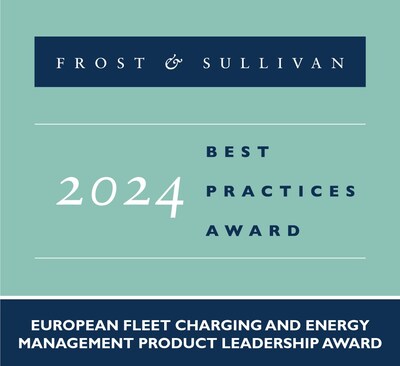Welcome to “Pressing Questions” Fast Company‘s mini advice column. Twice a week, Deputy Editor Kathleen Davis, host of The New Way We Work podcast, will answer the biggest and most pressing workplace questions in less than one minute.
Q: Does my résumé really need to be one page?
A: This is a controversial one. Hiring managers and recruiters are split on if you should try to fit everything on your résumé onto one page. But you came here for a definitive answer, so I’ll give you one: No, it doesn’t really matter.
Here’s what’s more important than the length of your résumé:
1. Focus on what’s “above the fold.”
This means: Think about what’s visible to a reader without scrolling when they open the document. That’s your first impression. There’s a statistic that recruiters only spend about seven seconds scanning a résumé. Keep your contact details brief—just your email address and LinkedIn profile or your website (if relevant). Use the rest of that top quarter space to introduce yourself in the most compelling terms possible: a bullet point list of skills, a summary of your experience, and your most recent role.
2. Make it easy to read or skim.
Use a simple layout with clearly marked sections and title headers in a clear font. Avoid long sentences, multiple columns, and very little white space. Use specific sections and job titles.
3. Write for a human.
Even if your résumé might be screened by an applicant tracking system first, you shouldn’t stuff it with keywords. Instead use these terms in a natural way, and add numbers and action language that quantifies what you did in your roles and the impact you made.
4. Explain the gaps.
Hardly anyone has a linear career path and you aren’t fooling anyone by glossing over a year or more. If you freelanced or cared for family or volunteered during times you weren’t traditionally employed, that all counts.
Want some more résumé advice? Here’s a few essential reads:







